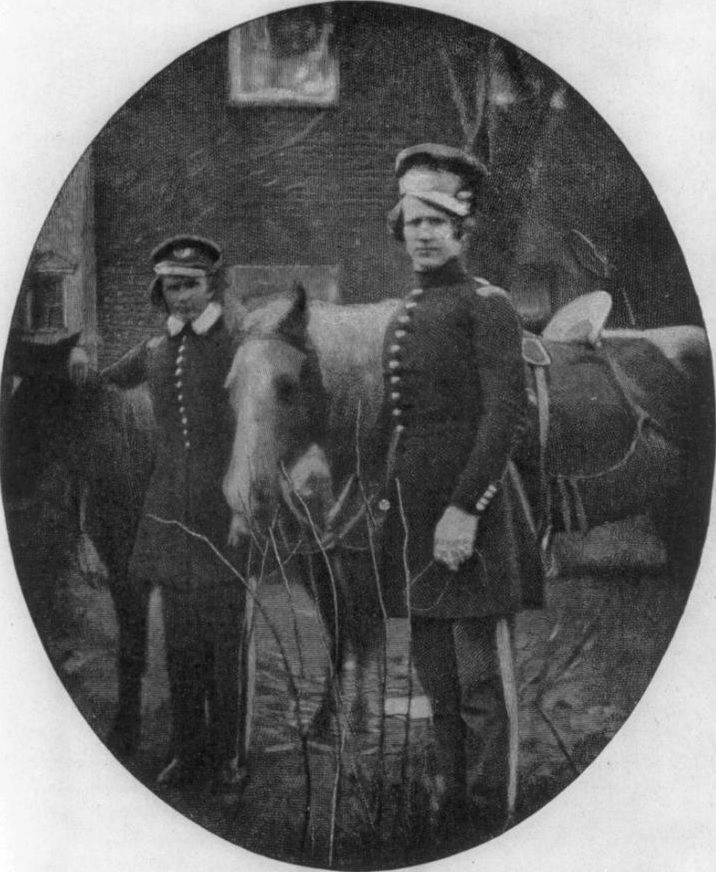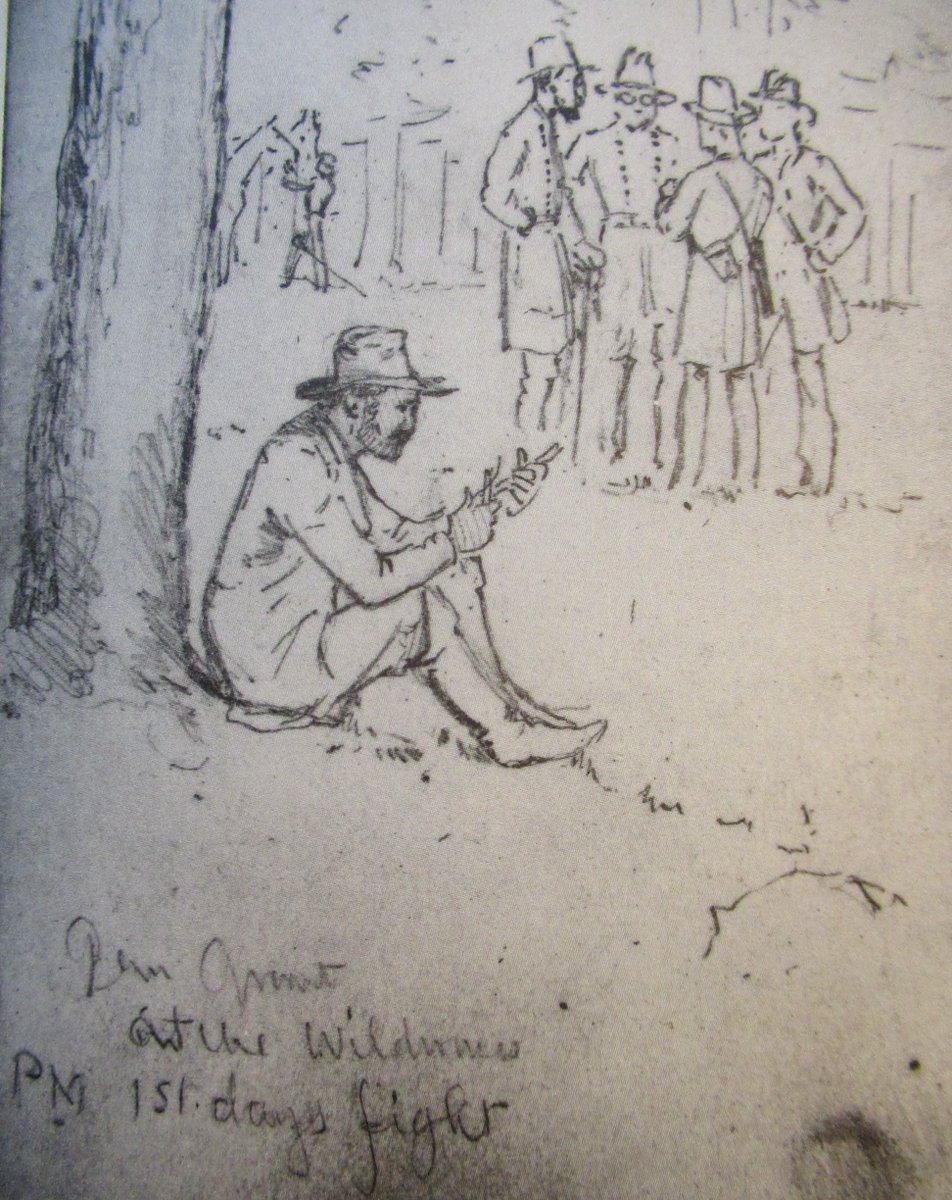
So many answers to my query yesterday were Gettysburg-centric that it is worth reminding people that the notion that Gettysburg was the turning point of the war is a romantic exercise and reflects interesting assumptions about the Confederacy.
For one thing, Union victory at Gettysburg simply preserved the strategic stalemate in the Eastern theater. Both sides were winning on home turf. That would change during the decidedly unromantic Overland Campaign.
Second, we keep on asking how Lee lost at Gettysburg. I think George G. Meade and the Army of the Potomac won the battle.
Remember them?
Remember them?
Had Lee won at Gettysburg, what would have happened next? That what-if requires much unpacking. Does he win it on July 1? Then most of the Army of the Potomac is intact, and Lee has to fight a second battle rather soon.
Does he win it on July 2? Dusk is coming, and the Army of the Potomac, while battered, pulls back. Civil War armies are resilient. Lee had a better chance at Second Manassas to destroy his foe on the field, snd didn't come close to doing so.
July 3? The assault on the US center was poorly supported and so any breakthrough would have been difficult to exploit. Lee's army was limping along by the end of that attack. What would be his next move?
Most Civil War battles were bloody indecisive affairs where the challenge was what to do with the result. Lee never really drove the foe from the field a la Chattanooga: Union generals chose to withdraw. Gaines Mill and Second Manassas were as close as he got.
And the question of how and why Lee lost Gettysburg becomes an exercise in pointing fingers. Was it Stuart's fault? What about Ewell? Longstreet?
And, if course, what if Stonewall Jackson was there? So what if he had been dead for eight weeks?
And, if course, what if Stonewall Jackson was there? So what if he had been dead for eight weeks?
Our focus on Gettysburg is more about how we find the narrative of that battle so compelling that we become entangled in it and embrace it as stirring and romantic. It's also because we are Lee-centric and Eastern theater-centric.
US victory was secured in the grim and relentless bloodletting of 1864, when Grant nullified Lee and his subordinates Sherman and Sheridan took care of business elsewhere in time to secure Lincoln's reelection. It was neither pretty nor romantic.
*and
• • •
Missing some Tweet in this thread? You can try to
force a refresh






